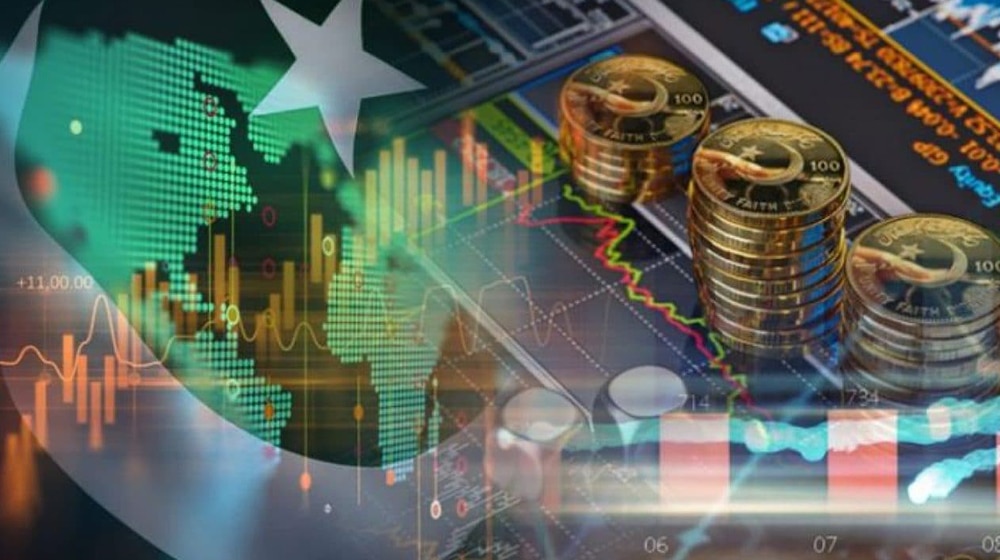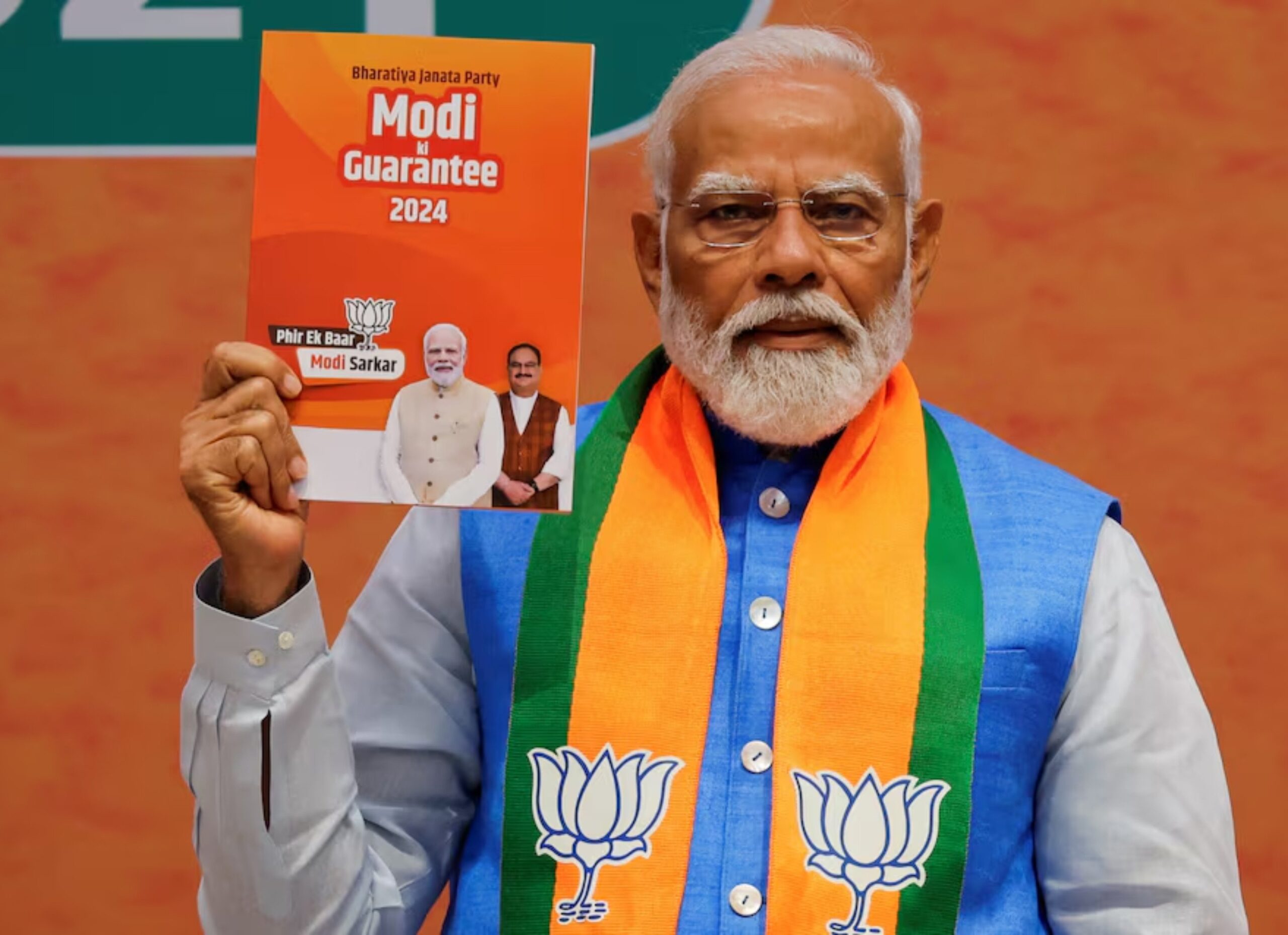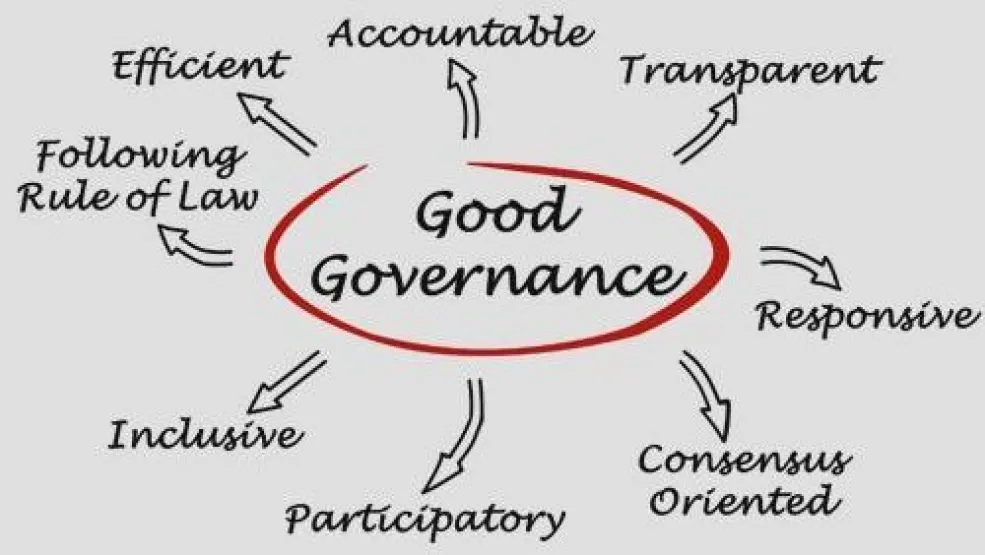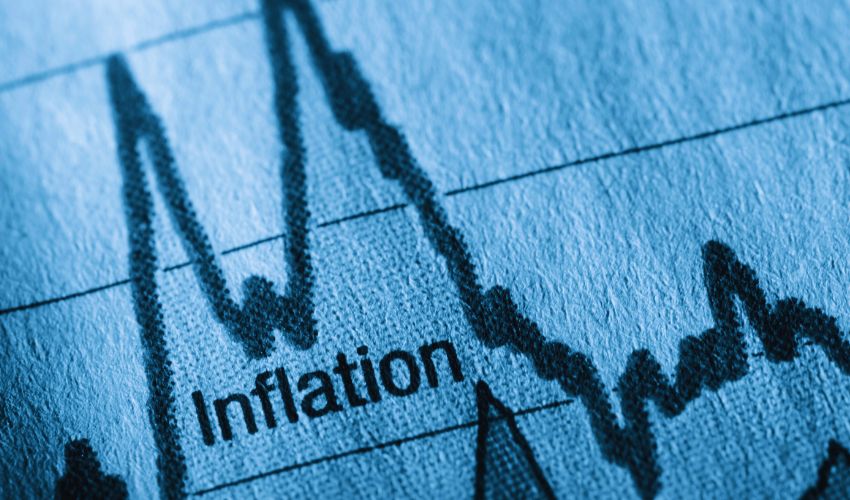Zafar Iqbal
Over the Eid holidays, a graph depicting Pakistan’s steady decline in economic growth compared to India over the past few decades gained significant attention. The graph’s data reveals a troubling trend: the frequency of low-growth phases in Pakistan is increasing, while the duration of economic recovery in each cycle is diminishing. This sluggish economic growth poses a significant challenge for Pakistan, especially considering its youthful and expanding population. The urgency of this situation cannot be overstated.
Currently, poverty is on the upswing in Pakistan, and the middle class is dwindling. In stark contrast, India’s middle class is rapidly expanding, as evidenced by the massive crowds at IPL matches. This stark disparity between the economic trajectories of the two neighboring countries underscores the severity of Pakistan’s economic challenges and the urgent need for remedial action.
There are some encouraging signs that the realization of Pakistan’s economic challenges is sinking in. There is increasing political pressure from the growing youth voters and media to focus on sustainable economic revival. The young population’s desire for economic prosperity and security is a beacon of hope, and it is becoming increasingly clear that the pursuit of turning Pakistan into an Islamic citadel needs to be tempered with a large pinch of reality.
However, there are still some significant challenges to be overcome. The powers that be in Pakistan are still focused on keeping the economy afloat on a current, failed model based on support from friendly countries and international financial institutions such as the IMF and World Bank. They are avoiding tough reforms that are needed to put Pakistan’s economy back on track.
The US and Saudi Arabia have indicated that they may not allow Pakistan to default and will provide enough balance of payment support through bilateral injections and the next IMF program. This is good news, but it is also giving those in control a lifeline to continue with the status quo.
What Pakistan urgently requires is a rule-based economy and a system that evaluates all investment opportunities on their individual merits. Currently, the only rule that seems to hold sway is ‘might is right.’ Investments are being solicited under the auspices of the Special Investment Facilitation Council (SIFC), which effectively bypasses other obstacles, such as the National Accountability Bureau (NAB) and courts. This system, where those who invest through SIFC are deemed legitimate while others face numerous hurdles, is not conducive to sustainable economic growth. It is imperative that Pakistan transitions to a rule-based economy that treats all investment opportunities fairly and transparently.
The bureaucracy is hesitant to do anything that does not fall under the ambit of SIFC, as they fear NAB and similar organizations. This new rule means that investors must knock on the SIFC door to ensure establishments’ cover, while others may choose not to invest at all. This is not a sustainable way to grow Pakistan’s economy, and it is vital that the country moves towards a rule-based economy that treats all investment opportunities on its merits.
Private sector-led investment is a crucial component of Pakistan’s economic revival, particularly in sectors such as mining, agriculture, and information technology. This investment can help bolster reserves while maintaining a healthy current account deficit. India’s successful economic model, implemented after the 1990s reforms, serves as a compelling example for Pakistan to follow. However, stability in the political system is a prerequisite for such investment, a factor that is currently lacking in Pakistan.
The lack of investment in mining, agriculture, and information technology is not the only reason for Pakistan’s secular decline. The country also needs to spend more on human development, such as healthcare and education. This should be a priority to correct the long-term path, as once people have skills and education, they can innovate. A system that has an appetite and room for entrepreneurship and productive financing can do wonders in mining, agriculture, and information technology.
The next 3-5 years are not just critical, they are urgent for Pakistan to change its economic trajectory. The forecast for the next few years is grim, and if things are not put back on the corrective path, this could lead to a deterioration of law and order and further polarization. This is not sustainable and could eventually lead to implosion. Therefore, Pakistan’s government must take the necessary steps to address these challenges with utmost urgency.
Please, subscribe to the YouTube channel of republicpolicy.com
















































